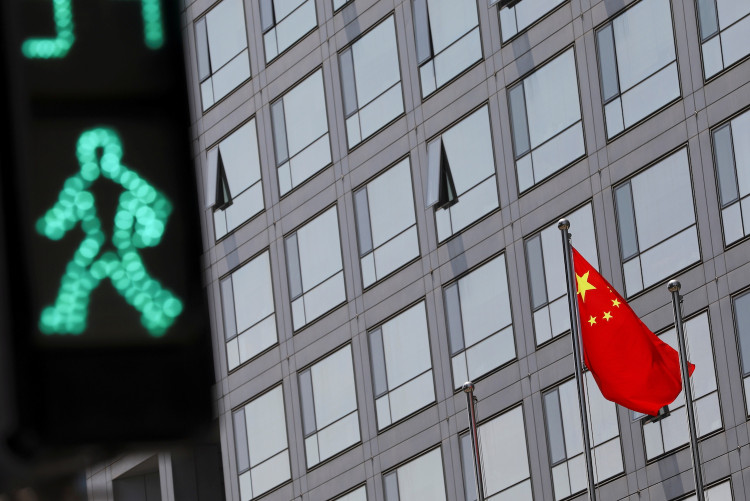In response to a media question about market swings, China's central bank said on Tuesday (Apr. 26) that it will increase prudent monetary policy public backing to the real economy, particularly small businesses affected by COVID-19.
The People's Bank of China (PBOC) said in a statement published in response to a query from bank publication Financial News that it will keep cash flow reasonably ample and promote healthy and sustainable development of financial markets.
The announcement comes after the PBOC decided on Monday to reduce the number of money banks must keep in reserve for their foreign currency holdings, to help limit the yuan's decline. The central bank said Tuesday that current industry volatility is primarily due to shifts in investor expectations and viewpoints and that China's economic fundamentals continue to be strong.
However, Yi Gang, the governor of the People's Bank of China (PBOC), emphasized the importance of maintaining price stability in the face of rising global inflation.
"China's monetary policy is accommodating and in a reasonable range," Yi said in a video address to the annual Boao Forum for Asia. "We are willing to supply additional instruments. to small and medium-sized businesses if necessary. With such a forecast, accommodative monetary policy will undeniably assist our real economy this year."
With activity losing its momentum, China watchers predict that more stimulus measures will be required soon if the government is to meet its 5.5 percent growth target for 2022.
However, they claim that the room to ease policy may be limited due to concerns that it will fuel capital outflows and rising prices. Furthermore, if businesses and consumers remain locked down, traditional tools like interest rate cuts may have minimal effect.
"Policy easing will always be focused," according to Liu Peiqian, a China economist at NatWest Group Plc. After COVID outbreaks are under control, "more forceful and broad-based easing" may be implemented, she said.
According to the statement, the PBOC will add 100 billion yuan ($15.2 billion) to its lending program to support coal production and storage. In addition to increasing the program to cover smaller firms and technical development, the central bank will establish relending funds for the aviation industry.
Last year, commodity, food, and housing prices soared around the world, and the Ukraine conflict has accelerated global inflation, risking global economic recovery and financial stability.





